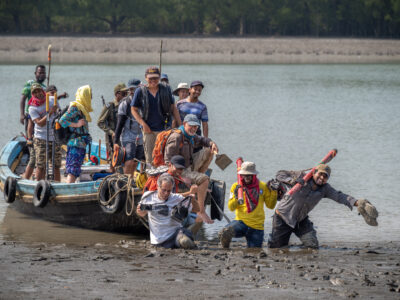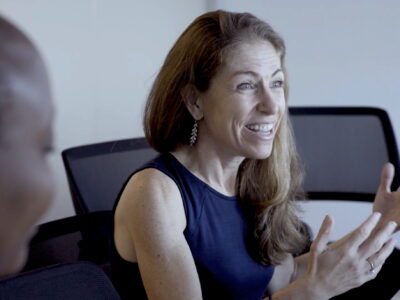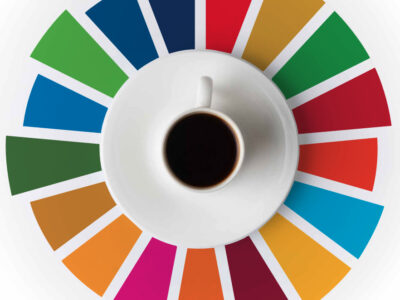
more than doubled the food output of recent harvests.
The Earth Institute, Columbia University today announced that it has received $15 million from the Bill and Melinda Gates Foundation to advance scientific research and efforts to slash poverty, disease and hunger in Africa. The grant supports The Earth Institute at Columbia University, which is currently working in 10 African countries to battle the complex challenges of poverty with proven scientific interventions and policy recommendations at the local and national levels.
“Support from the Bill and Melinda Gates Foundation will enable our scientists and policy experts to pioneer a new kind of approach to solving some of the world’s most urgent problems,” said Lee C. Bollinger, president of Columbia University. “Their gift is an investment in the work of the Earth Institute and its dedication to ending global poverty. We are extremely grateful to the Gates Foundation for their leadership and vision.”
Today more than 300 million people in Africa live on less than $1 a day. Of this number, a large percentage must also endure associated ills such as disease and social inequality that entrap them in a vicious cycle of poverty. Opening access to markets, technological advances, infrastructure, and basic services such as health care and education can make the difference between a future that is full of hope or bleak with despair.
Under the leadership of Jeffrey D. Sachs, director of the Earth Institute, an interdisciplinary team of experts in agriculture, engineering, hydrology, public health, and a host of other disciplines have been implementing a dynamic strategy for achieving sustainable development in some of the world’s poorest countries. Due in large part to their efforts, thousands of people across a distinct agriculture zone in Africa now have access to clean water and alternative fuel sources, life-saving medicine, nutritious meals and income-generation opportunities. Funding from the Gates Foundation will substantially support the achievement of the Earth Institute’s ultimate goal, which is to roll out a practical, integrated strategy of interventions and policy recommendations country-wide throughout Africa, in both rural and urban centers.
“Alleviating poverty in the developing world is a multifaceted challenge and we’re pleased to support the Earth Institute at Columbia University’s extraordinary faculty and unique, collaborative approach,” said Sylvia Mathews, president of the Global Development Program at the Gates Foundation. “Engaging academic researchers across disciplines in this undertaking holds great promise for expanding the global development field and advancing a range of science-based solutions that will benefit millions of people who live in extreme poverty.”
Funding provided through the Gates Foundation’s Global Development Program will help ramp up the Earth Institute’s efforts and resources dedicated to achieving the Millennium Development Goals — eight interrelated objectives for halving the number of people living in extreme poverty by 2015 and meeting other related targets. The Institute’s work in Africa is aligned with the strategic goal of the Bill and Melinda Gates Foundation to actively contribute to an African “Green Revolution,” similar to that which dramatically increased the productivity of small farms in Asia, moving hundreds of millions of people out of extreme poverty and hunger.



